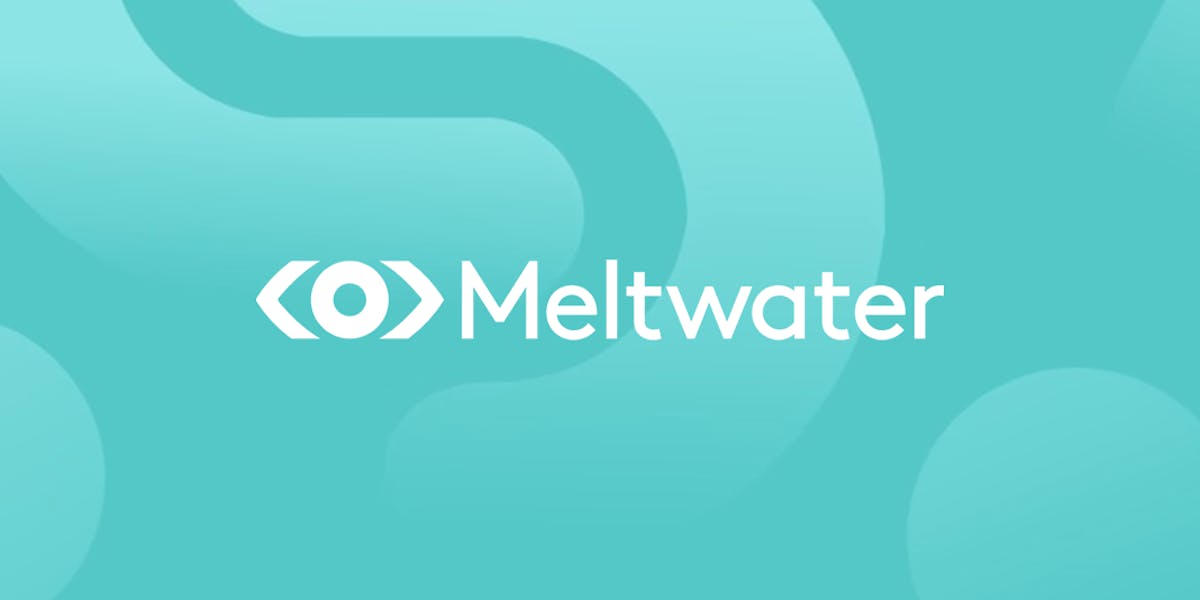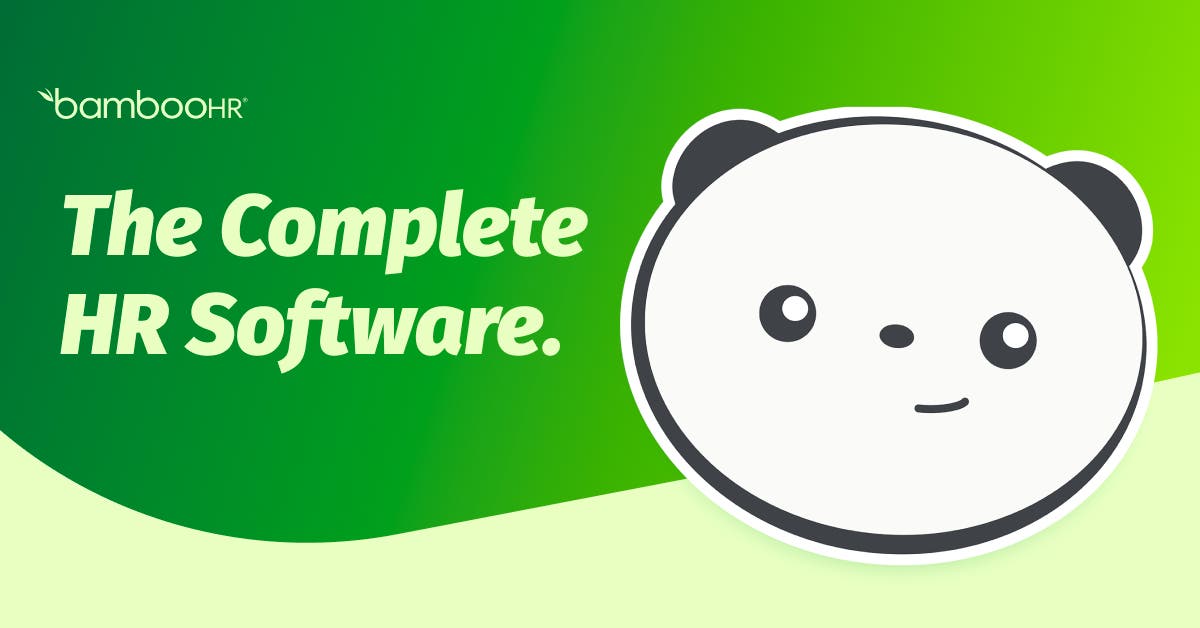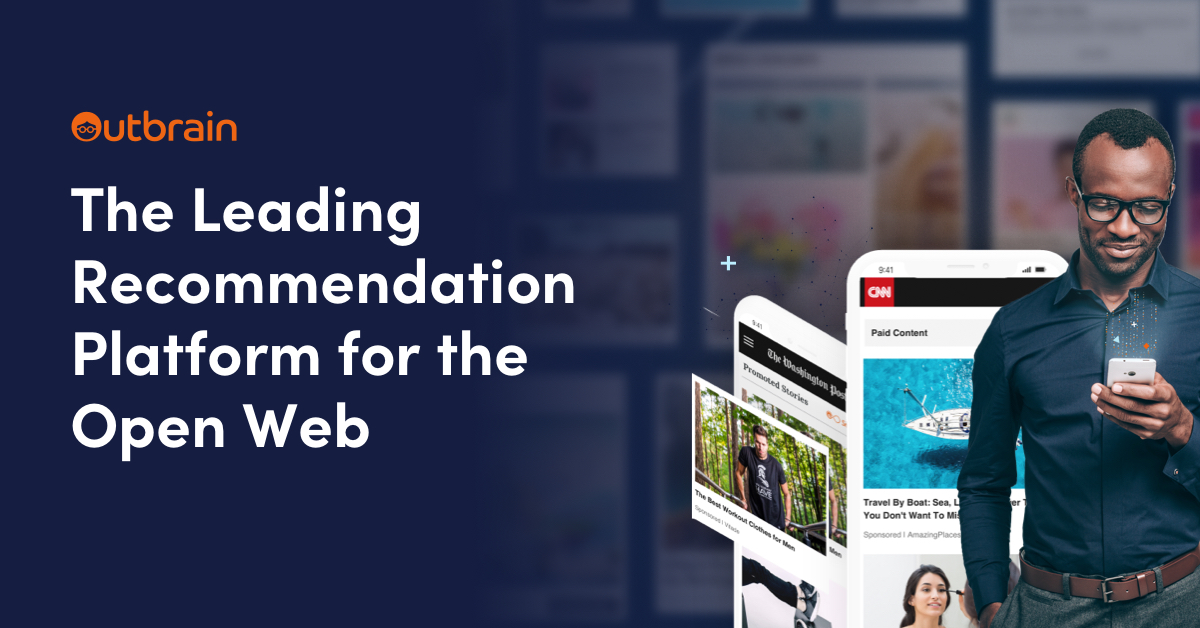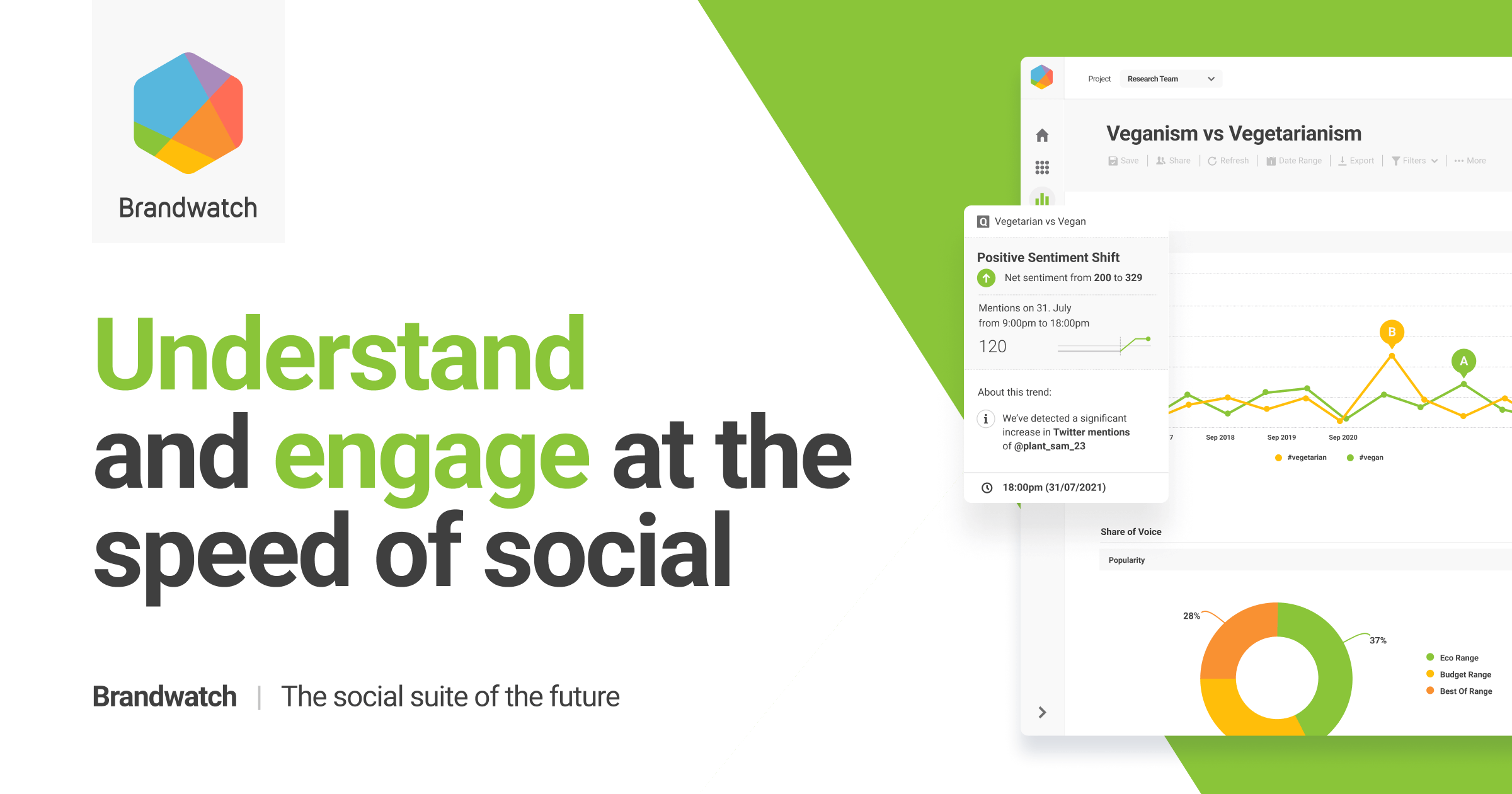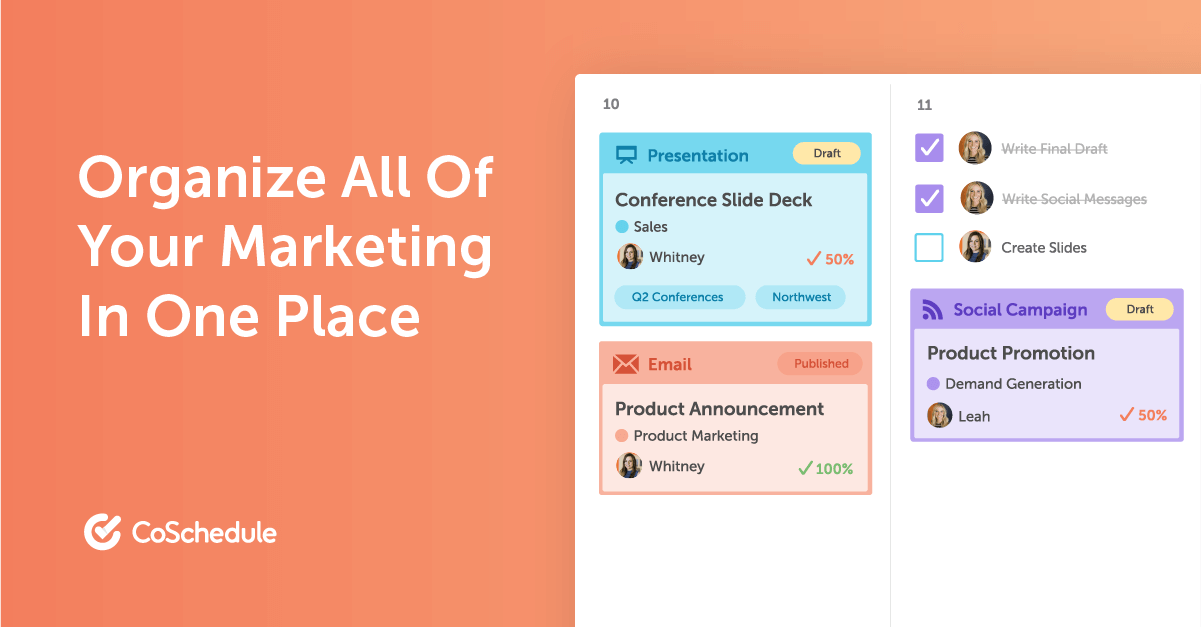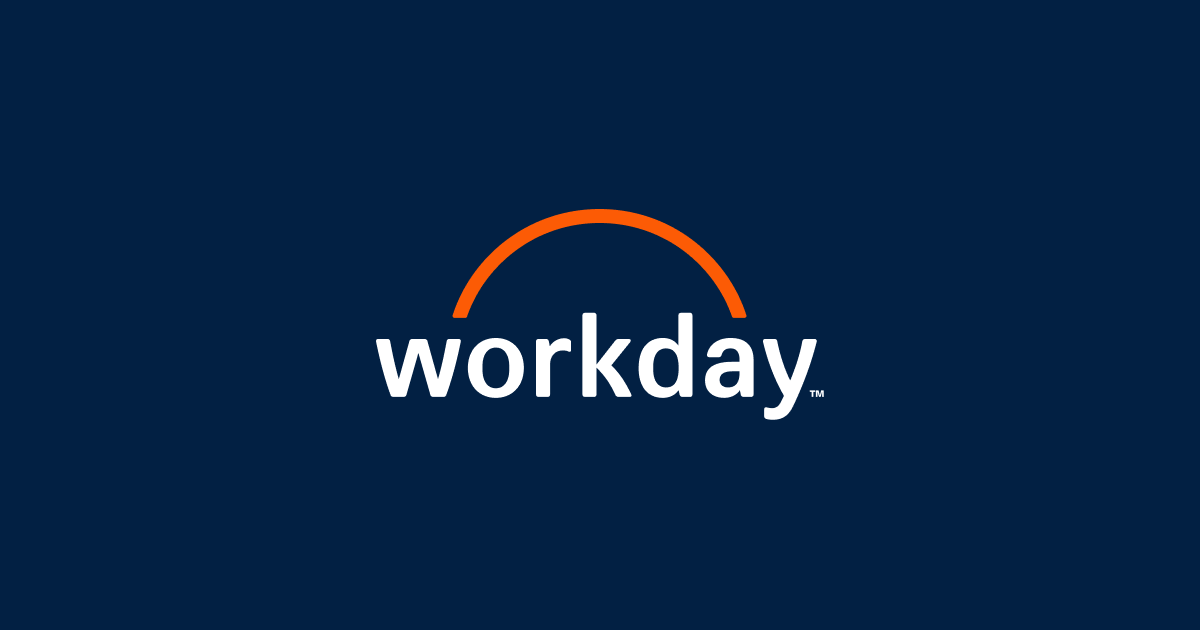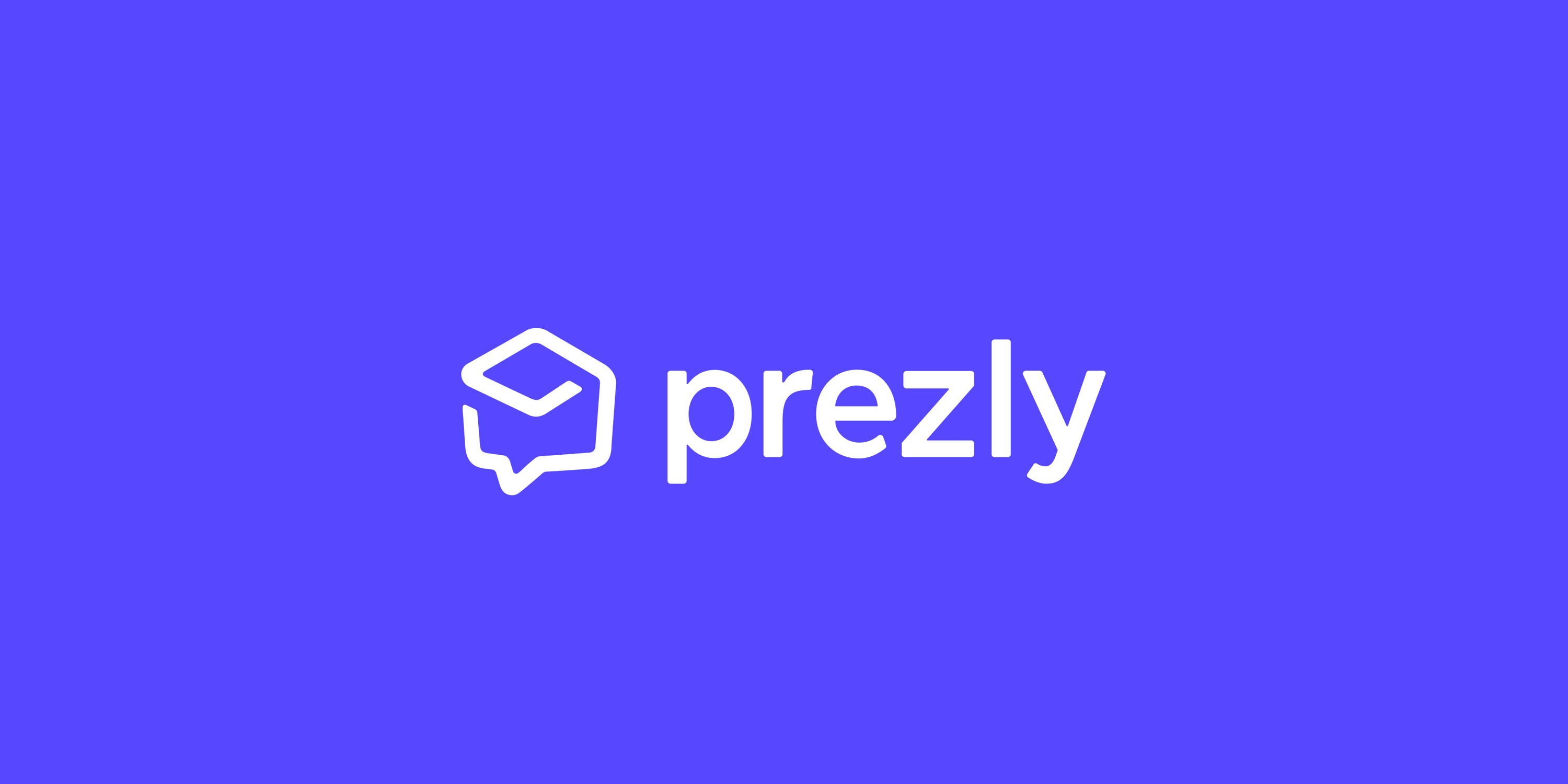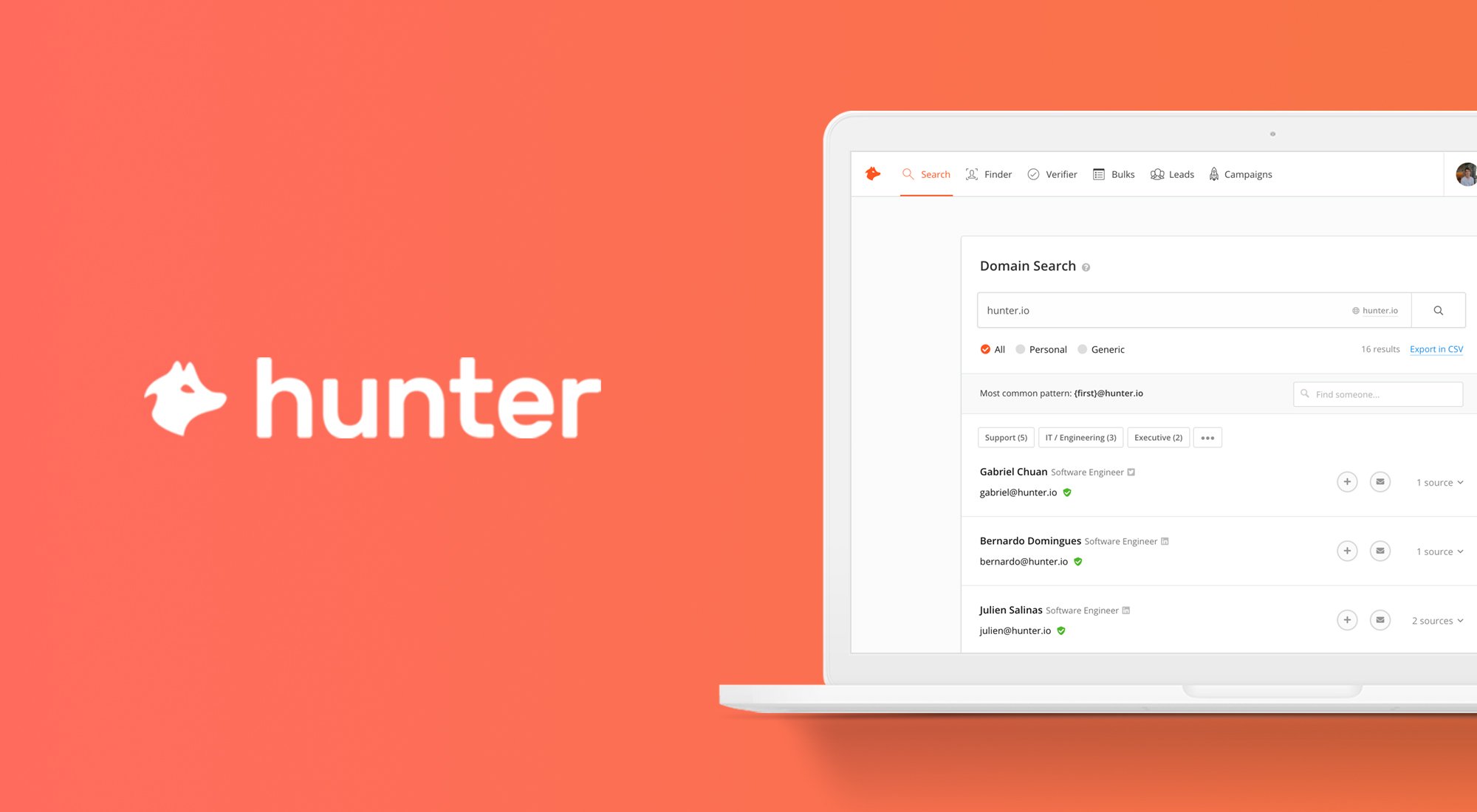Introduction
Public relations management (PRM) software has become an essential tool for modern PR and communications teams. Centralized platforms provide capabilities to automate processes, surface insights, and scale engagement across distributed teams and partnerships. However, with so many options on the market it can be difficult to determine the solutions truly optimized for PR workflows and objectives. This evaluation examines 15 leading PRM software providers based on key criteria to uncover the best choices heading into 2023.
Methods of Evaluation
Each PRM software provider is analyzed based on functionality covered, customer reviews and ratings, digital footprint indicators like backlinks, traffic and search trends as well as pricing transparency and flexibility. Core areas assessed include social media management, media monitoring, influencer relationship tools, content creation and distribution tools. Provider reputations, customer support quality and platform robustness are also taken into account. Together these conventional evaluation elements combined with digital presence metrics provide a well-rounded view of which solutions are best positioned to assist PR teams in amplifying impact in the new year.
1. Buffer
Buffer is a social media management tool that helps users schedule and publish content to social networks like Facebook, Twitter, LinkedIn and more. Founded in 2010, Buffer has grown to support over 10 million users on its free and paid plans.
Pros: Some key advantages of Buffer include:
– Simple yet powerful social publishing tool
– Focus on scheduling content directly to owned profiles
– Seamlessly maintains social publishing cadences
Cons: One potential disadvantage is that Buffer is purely focused on social publishing and engagement tools are limited compared to more full-featured social media management platforms.
Pricing: Buffer offers 3 pricing tiers:
– Free plan allows scheduling to 3 social profiles
– Pro plan starts at $10/month for scheduling to unlimited profiles
– Business plan starts at $75/month and adds advanced analytics, team collaboration features and support
Some key stats about Buffer include:
– Used by over 10 million users worldwide
– Supports publishing to 12 major social networks including Facebook, Twitter, LinkedIn, Pinterest, etc.
– Can schedule up to 1,000 tweets or pieces of content at a time
– Integrates with tools like Google Calendar, Dropbox and Zapier for workflow automation
2. Sprout Social
Sprout Social is a leading social media management platform used by over 25,000 businesses. Founded in 2010, Sprout Social provides social media solutions for companies of all sizes to optimize, analyze and schedule social publishing across major networks like Facebook, Twitter, LinkedIn and Instagram.
Pros: Some key advantages of Sprout Social include:
– Robust social media analytics for benchmarking performance against competitors or past campaigns.
– Powerful publishing and workflow tools to schedule social posts at optimal days/times across networks.
– Strong customer support team focused on ensuring success with the platform.
– Integrates with other marketing tools like Google Analytics or Salesforce for a centralized solution.
– Affordable pricing for businesses of all sizes.
Cons: One potential disadvantage is that Sprout Social is quite robust which means it may have more features than needed for some smaller businesses or agencies. The learning curve could also be steep for complex tasks like custom reporting.
Pricing: Sprout Social offers various pricing tiers starting from a Free plan. The Professional plan starts at $99 per month for up to 5 users. The Agency plan starts at $299 per month for up to 10 users. Enterprise pricing is available for larger teams.
Some key stats about Sprout Social include:
– Over 25,000 customers worldwide including leading brands like Starbucks, Target, and IBM.
– Supports major social networks including Facebook, Twitter, LinkedIn and Instagram.
– Has over 140 employees with headquarters in Chicago.
– Named a leader in the Forrester Wave for social listening platforms in 2020.
– Processes over 1 billion social messages per month for customers.
3. Twilio
Twilio is a leading cloud communications platform, providing APIs that allow software developers to programmatically make and receive phone calls, send and receive text messages, and perform other communication functions using its web service interfaces. Founded in 2008, Twilio powers communications for over 240,000 customer accounts across every continent with the exception of Antarctica.
Pros: Some key advantages of Twilio include:
– Leading communications API provider underlying many CRM and bot platforms
– Programmable SMS, voice, video conferencing boosts omnichannel engagement
– Industry standard infrastructure services power digital presence worldwide
Cons: A potential disadvantage is that Twilio does not provide its own customer support or success teams, so developers need to manage issues on their own or hire third party support.
Pricing: Twilio pricing is based on usage with no long term commitments. Standard SMS pricing starts at $1 per thousand messages. Voice calls pricing starts at $0.007 per minute for US and Canada phone numbers.
Some key stats about Twilio include:
– Over 240,000 active customer accounts
– Processes over 1 trillion API requests per year
– Delivers over 1 billion SMS messages per month
– Has over 6,000 employees worldwide
4. Meltwater
Meltwater is a global leader in media and social intelligence. Founded in 2001, the company has over 25 years of experience in helping organizations make better, more informed decisions based on insights from the outside-in. With over 25,000 corporate customers, Meltwater’s flagship platform provides the most comprehensive media monitoring and social listening solutions in the industry.
Pros: Some key advantages of Meltwater include:
– Wide range of AI-powered tools for monitoring, engagement and analytics across social and digital channels
– Strong media monitoring capabilities backed by one of the largest global media databases
– Excellent reputation for API integration and customization capabilities
Cons: One potential disadvantage is that the platform may have a relatively high cost of ownership compared to some competitors due to its robust feature set and capabilities.
Pricing: Meltwater offers flexible pricing plans including volume-based and customized enterprise plans. Standard starter plans begin at a few hundred dollars per month.
Some key stats about Meltwater include:
– Over 25,000 corporate customers worldwide
– Coverage of over 27 million online news sources, blogs, communities and social networks
– Handles over 500 million sentiment analyses per day
5. BambooHR
BambooHR is an HR software company that offers a comprehensive HRIS solution ideal for small and medium-sized businesses. Founded in 2008, BambooHR is based in Lehi, Utah and has grown to serve over 20,000 customers worldwide. Their software helps organizations manage the entire employee lifecycle from hiring to retirement within an easy-to-use platform.
Pros: Some of the key advantages of BambooHR include:
– Simple and intuitive interface that is easy for both HR teams and employees to use
– Affordable pricing plans starting at $6/employee per month for the essentials package
– Covers core HR functions including onboarding, benefits administration, compliance, and more
– Excellent support and implementation assistance included
Cons: One potential disadvantage is that the capabilities are more limited compared to some more expensive HRIS solutions. It may not be as fully-featured for very large or complex organizations.
Pricing: BambooHR offers flexible and affordable pricing plans tailored for organizations of all sizes. The Essentials plan starts at just $6 per employee per month and includes core HR functionality. For advanced needs, the Ultimate plan is $12 per employee per month and adds features like global HR, advanced reporting, and custom workflows.
Some key stats about BambooHR include:
– Over 20,000 customers globally
– Serves all company sizes from startups to enterprises with 500+ employees
– Integrates with over 150+ apps including Payroll, Benefits, and Applicant Tracking Systems
– 24/7 live chat and email support included in all plans
6. Outbrain
Outbrain is a leading native advertising technology company that powers the recommendation feeds on many major online publishers and media sites. Founded in 2006, Outbrain’s platform helps online publishers and advertisers drive higher reader engagement and generate additional revenue through personalized content recommendations.
Pros: Some of the key advantages of Outbrain include:
– Leading native advertising platform serving many earned media functions
– Powerful tools and data optimize promotional campaigns across publishers
– Innovative features anticipate cookie-less future of digital media monetization
Cons: One potential disadvantage is that Outbrain’s fees can be high for smaller advertisers and publishers compared to alternatives.
Pricing: Outbrain offers a self-serve pay-per-click (CPC) model as well as managed services. Pricing ranges based on campaign goals, but CPC rates typically start at $0.15 – $0.25 per click.
Some key stats about Outbrain include:
– Serves over 30 billion recommendations daily across thousands of publishers
– Reaches over 900 million unique readers monthly globally
– Works with over 500 advertisers including many large brands
7. Brandwatch
Brandwatch is a leading social intelligence company founded in 2007. The company provides a social media monitoring platform to help brands and companies better understand consumer conversations happening online. With offices worldwide, Brandwatch uses its deep competitive and consumer insights to help organizations make strategic business decisions and engage with customers more effectively.
Pros: Some key advantages of the Brandwatch platform include:
– Best-in-class social and web listening capabilities to track all online conversations.
– Unparalleled competitive intelligence features to benchmark against competitors.
– Advanced natural language processing (NLP) which powers various analytics and insights.
– Intuitive user dashboards to easily analyze trends, topics, sentiments and more.
– Integration options so insights can be shared across departments and tools.
Cons: One potential disadvantage is that the platform may have a steeper learning curve compared to simpler social analytics tools. It is geared more towards large enterprises rather than small businesses.
Pricing: Brandwatch offers customizable pricing plans tailored to business needs. General pricing starts at several thousand dollars per month for standard packages.
Some key stats about Brandwatch include:
– Over 2,500 enterprise clients including large brands like Microsoft, Cisco, and Philips.
– Processes over half a billion conversations daily from social media, forums, news sites, and more.
– 11 offices worldwide and over 650 employees.
– Regularly cited by third parties as a market leader in social media monitoring and competitive analysis.
– Advanced analytics tools powered by natural language processing.
8. CoSchedule
CoSchedule is a content marketing platform that helps marketing and comms teams plan, produce and distribute content. Founded in 2011 and headquartered in Indianapolis, CoSchedule aims to be the operating system for content teams.
Pros: Some key advantages of CoSchedule include:
– Centralized content calendar that allows for editorial workflows
– Visual planning and optimization tools to maximize publishing effectiveness
– Great for collaborative and centralized production within marketing agencies
Cons: Potential disadvantages could include the learning curve to fully utilize the depth of features and customization options within the platform.
Pricing: CoSchedule offers various pricing tiers depending on team size starting from $79 per month for solo plans up to enterprise pricing for larger teams and volumes of managed content.
Some key stats about CoSchedule include:
– Used by over 2,500 brands including Microsoft, Oracle, and Twitter
– Manages more than 250,000 pieces of content
– Has 50+ integrations with other marketing tools
– Named a leader in both the G2 Grid for Content Marketing Platforms and Content Calendar Software reports
9. Workday
Workday is a leading provider of enterprise cloud applications for finance and human resources. Founded in 2005, Workday provides software as a service (SaaS) applications used by thousands of organizations globally for financial management, human capital management, planning, and analytics. With over 15,000 customers, Workday has established itself as one of the largest enterprise resource planning (ERP) vendors and a dominant player in the human capital management (HCM) space.
Pros: Some key advantages of Workday include:
– Robust platform that can support complex global organizations with operations across multiple countries
– Intuitive interfaces designed for both employees and managers
– Regular product updates and innovation with new features added quarterly
– Strong focus on analytics and reporting capabilities
– Flexible and scalable cloud architecture able to support organizations of all sizes
Cons: One potential disadvantage is the high cost of Workday compared to some competing solutions. As a modern cloud-based system, Workday will require higher licensing and deployment fees compared to traditional on-premise software.
Pricing: Workday pricing is subscription-based starting at around $50 per user per month. Exact pricing varies based on the number of users, modules, and additional services. Workday also sells professional services to help with implementation and integration projects which can significantly increase overall costs.
Some key stats about Workday include:
– Over 15,000 customers worldwide across a wide range of industries
– Processes over 600 million transactions per day
– Serves over 30 million users globally
– Publicly traded company with a market cap of over $50 billion
10. Infor CloudSuite HCM
Infor CloudSuite HCM is a comprehensive human capital management (HCM) solution from Infor designed to simplify and streamline HR and talent management processes. As an industry-specific cloud ERP provider, Infor has preconfigured CloudSuite HCM to include functionality and workflows tailored for over 20 different industries. This out-of-the-box configuration enables faster implementation and easier use for organizations of all sizes across various sectors.
Pros: Major advantages of Infor CloudSuite HCM include:
– Industry-specific configurations reduce implementation times.
– Powerful but easy to use functionality for recruiting, onboarding, core HR, payroll, talent management and more.
– Integrations with other Infor CloudSuite products for a unified ERP experience.
– Robust reporting and analytics tools for data-driven decision making.
– Uses a modern cloud platform with high security standards.
Cons: Being a comprehensive solution, the initial costs of deployment and customizations could be higher compared to simpler focused HRIS tools.
Pricing: Infor CloudSuite HCM pricing is based on the selected modules, user counts and required customizations. Pricing starts at $50 per user per month for basic HCM functionality.
Some key stats about Infor CloudSuite HCM include:
– Over 10,000 customers worldwide across industries like manufacturing, distribution, healthcare, government and more.
– Scales from small businesses to large enterprises with complex global requirements. Supports over 100 countries and their unique HR and compliance needs.
– Integrated talent, core HR, payroll and financial modules help gain a unified view of the workforce.
11. SocialBakers
SocialBakers is a leading social media management and PRM platform. Founded in 2007, the company helps over 2,500 brands like McDonald’s, L’Oreal, and Amazon manage their social media presence and measure the results. SocialBakers enables companies to publish, engage and analyze their performance across major social networks from a single robust dashboard.
Pros: Some key advantages of using SocialBakers include:
– Very full featured social media management solution for planning, publishing and engaging
– Robust website and digital asset tracking with benchmarking against competitors
– Integrations available with many major CRM and CMS platforms like SFDC, Oracle, and Adobe
Cons: One potential disadvantages is the pricing, as it is an enterprise solution targeted at large brands it has a higher price point than some other PRM options.
Pricing: SocialBakers pricing starts at $2,500/month for the Standard plan and scales up based on number of social profiles and team members. They also offer customized enterprise pricing for the largest brands.
Some key stats about SocialBakers include:
– Over 2,500 customers worldwide across all industries
– Tracks and analyzes over 100 social networks
– Processes over 350 billion social interactions per year
– Provides enterprise-grade social business intelligence
EmplifiTake your CX and Social Marketing Highersocialbakers.com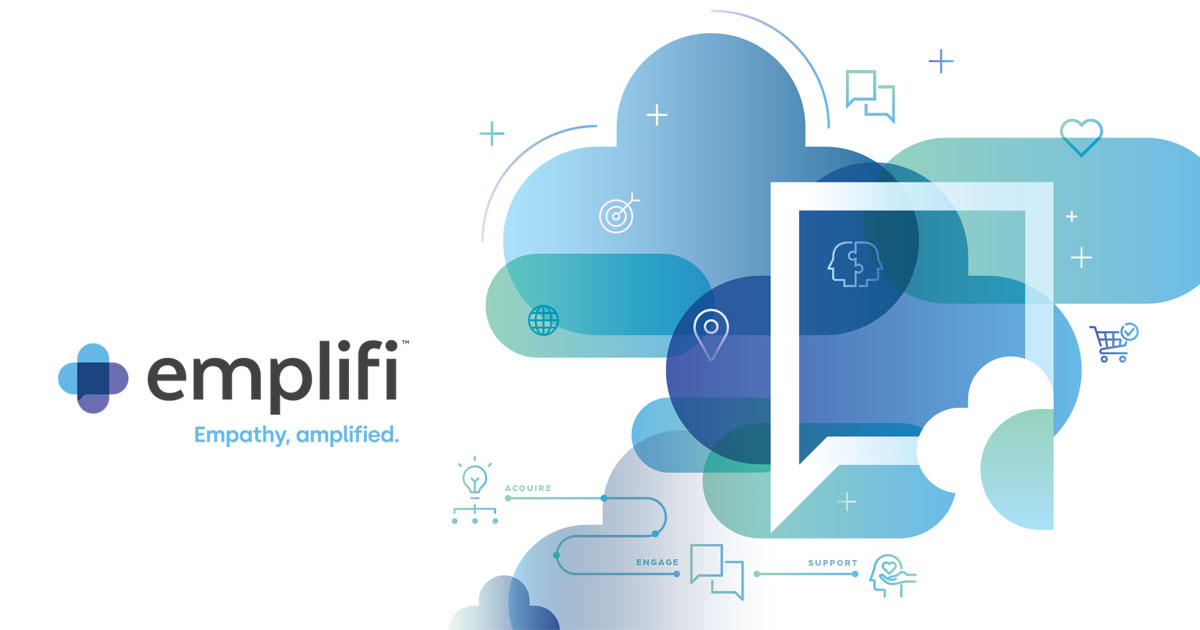
12. SAP SuccessFactors
SAP SuccessFactors is a leading provider of cloud-based human capital management (HCM) software and solutions. Founded in 2001 and headquartered in Concord, California, SAP SuccessFactors serves over 5,000 customers worldwide ranging from mid-sized companies to large enterprises across various industries. With more than 100,000 implementations, the company’s HCM suite delivers an integrated experience across areas like employee data management, payroll, core HR, talent management, learning, and people analytics.
Pros: Some of the key advantages of SAP SuccessFactors include:
– Being a global leader with proven expertise in cloud HCM and talent management solutions
– Excellent for large multinational companies that require smooth experience deploying the software globally across regions
– Integrated end-to-end HCM solution rather than separate modules
– Continuous product innovation with new capabilities added regularly
Cons: One potential disadvantage of SAP SuccessFactors is that its solutions are tailored more towards the needs of large enterprises. The software and implementation process can be complex and require significant investment which may not be suitable for small-to-medium sized businesses.
Pricing: SAP SuccessFactors pricing is based on the number of users/employees that need to be onboarded onto the platform. It offers both annual and multi-year subscription plans. The standard editions start from around $50 per user per month. Custom or enterprise editions for large complex needs are also available with custom pricing offered on a case by case basis.
Some key stats about SAP SuccessFactors include:
– Over 100,000 customer implementations globally
– Serves over 5,000 customers worldwide
– Employs over 5,000 employees
– Focuses on large enterprises and multinational companies
13. Prezly
Prezly is a PR software developed by Prezly to help PR and marketing professionals manage their communications. Founded in 2015, Prezly has its headquarters in London, United Kingdom.
Pros: Some key advantages of Prezly include:
– Visual pitch builder and dashboard bring PR and journalism together in one place
– Strong focus on influencer relations through integrated resources and analytics
– Innovative collaboration features empower distributed and remote PR teams
Cons: One potential disadvantage is that the paid plans can be expensive for smaller teams or startups on a budget.
Pricing: Prezly offers free and paid plans starting from $49 per user per month for their Basic plan up to $99 per user per month for their Premium plan for teams of all sizes.
Some key stats about Prezly include:
– Used by over 5,000 companies worldwide
– Publishes over 1 million stories every month
– Has over 20,000 journalist profiles in its database
14. Hunter
Hunter is a lead generation tool that helps teams and businesses find and verify professional email addresses. Founded in 2012 and headquartered in San Francisco, Hunter utilizes machine learning and natural language processing to help users discover crucial contact data and verify emails.
Pros: Some key advantages of Hunter include:
– Powerful contact data discovery and email verification through Hunter’s machine learning algorithms
– Machine learning suggests additional contacts to target which can help expand lead lists
– Optimizes lead generation capabilities within any CRM or marketing tool by verifying emails and contact information
Cons: One potential disadvantage is that Hunter does not guarantee a 100% accuracy for all email addresses found or verified. As with any email verification or discovery tool, there is a chance of false positives or negatives.
Pricing: Hunter offers four pricing tiers – Free, Pro, Team and Enterprise. Pricing ranges from free for individual use up to thousands per month for multi-user enterprise plans. All plans include basic email verification capabilities while higher tiers unlock advanced features like bulk verification.
Some key stats about Hunter include:
– Over 125,000 companies trust Hunter including names like IBM, Amazon, and Dell
– Hunter processes over 3 billion API requests per month
– Hunter’s algorithms have been trained on billions of public web pages and contacts
15. SocialPilot
SocialPilot is a social media scheduling, marketing and analytics tool that helps businesses manage their social media presence. With over 15,000 active users, SocialPilot provides companies of all sizes with the tools they need to streamline social media operations and boost engagement.
Pros: Some key advantages of SocialPilot include: – Simplified social media management software that streamlines publishing, reporting and collaboration. – Granular permissions that allow marketers to optimize collaborative workflows within teams. – Affordable pricing starting from $15/month that is accessible even for solopreneurs and small businesses.
Cons: A potential disadvantage is that the basic plan limits users to 2 social accounts and 5 team members which may not be sufficient for large enterprises.
Pricing: SocialPilot offers three pricing tiers: – Basic plan: $15/month for 2 social accounts and 5 team members. – Professional plan: $35/month for 5 social accounts and 10 team members. – Enterprise plan: Custom pricing for 10+ social accounts and unlimited team members.
Some key stats about SocialPilot include: – Oversees social publishing for over 15,000 brands and agencies – Supports publishing to 9 social networks including Facebook, Twitter, LinkedIn and Pinterest – Manages over 1 million social posts per month – Provides in-depth analytics on social media performance and engagement
Conclusion
Modern public relations demands highly flexible yet powerful technology to navigate an increasingly fragmented media landscape and engagement channels. The top PRM software highlighted in this evaluation excel at enabling strategic communications aligned with business objectives. Looking to 2023, these platforms empower PR and marcom professionals to elevate engagement and amplify messaging like never before. With the right solution, opportunities to strengthen connections and cultivate influence will know no bounds.







